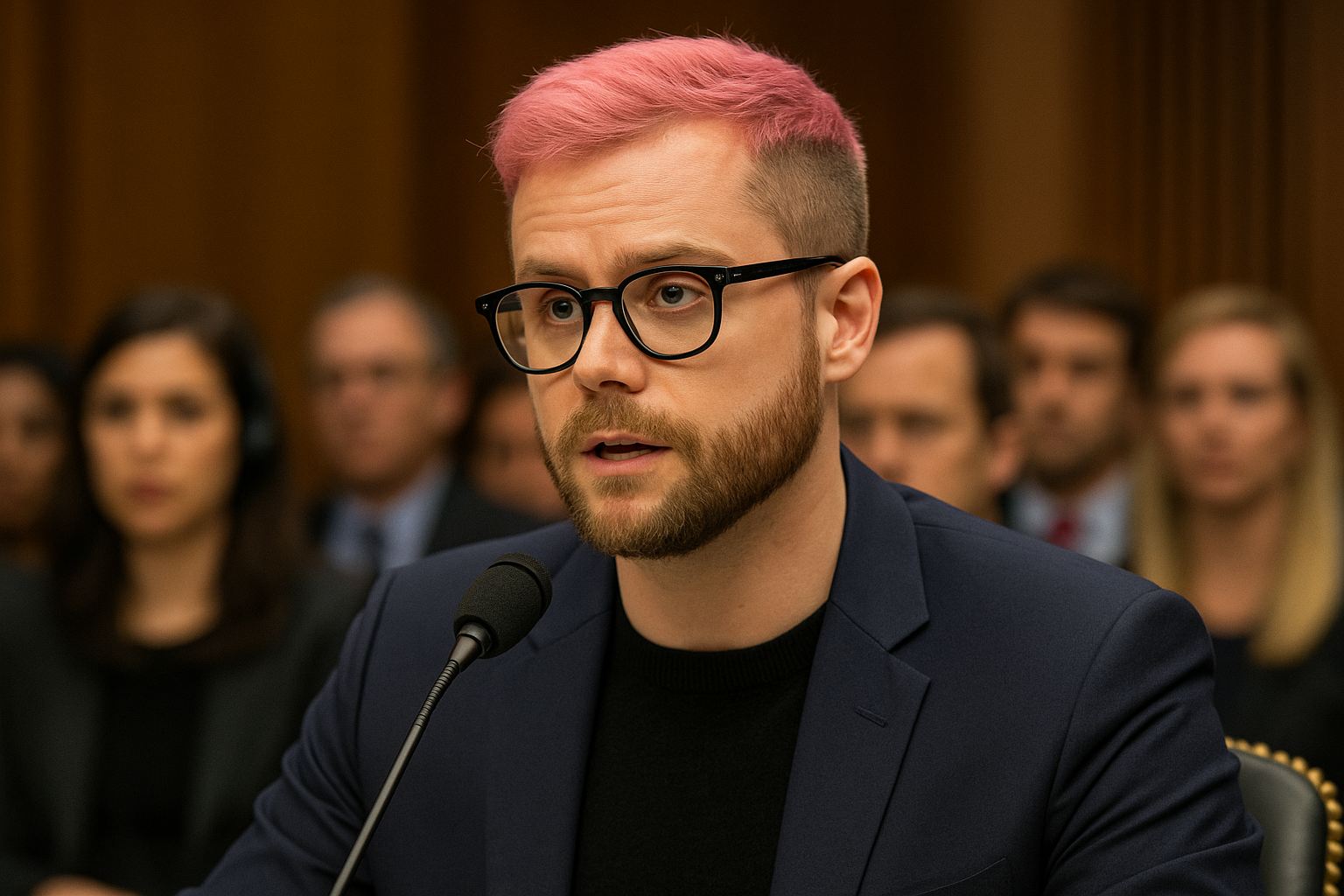A data scientist turned whistleblower
Christopher Wylie, a Canadian data scientist with a background in fashion and political analysis, never imagined he would become one of the most recognizable faces in digital ethics.
His decision to speak out against his former employer, Cambridge Analytica, marked a turning point not only in his life but in how the global public understood the dangers of personal data misuse.
Before the scandal broke, Wylie was part of the inner circle that designed the company’s powerful data-driven political tools.
But as he witnessed how those tools were being weaponized to manipulate voters, he made a choice that would redefine his career — and expose the dark underbelly of political microtargeting.
The origins of a digital experiment
In 2013, Wylie joined a group of researchers and strategists exploring how personality traits could predict political behavior.
Their work was inspired by academic models like the OCEAN framework (Openness, Conscientiousness, Extraversion, Agreeableness, Neuroticism), a common tool in psychology.
The idea was to use Facebook data to map psychological profiles on a massive scale.
What began as a behavioral research project soon turned into a powerful mechanism for influencing public opinion.
Millions of Facebook profiles were harvested through an app that presented itself as a harmless personality quiz.
That data would become the foundation of psychographic targeting — customized political messaging designed to exploit personality vulnerabilities.
Realizing the scale of the problem
For a while, Wylie believed the work was simply innovative marketing — a mix of data science and psychology.
But as he observed how the models were applied in real-world elections, his perspective changed.
The tactics went beyond persuasion; they exploited fear, anger, and prejudice to steer political behavior in ways most users didn’t even notice.
The company’s rhetoric about “psychological warfare” and “information dominance” disturbed him.
It was no longer about understanding voters — it was about manipulating them at scale.
Wylie realized that what they had built was not a campaign tool but a digital weapon.
The decision to speak out
In 2018, after years of silence, Christopher Wylie decided to go public.
He contacted journalists from The Observer and The New York Times, providing documents, emails, and firsthand testimony about how Cambridge Analytica had obtained and used Facebook data.
His disclosure sparked one of the most consequential investigations in tech history.
Wylie’s revelations showed how over 87 million Facebook profiles had been accessed without consent, and how that data was used to influence political outcomes, including the 2016 U.S. presidential election and the Brexit referendum.
The story spread globally, leading to public outrage, political hearings, and the eventual collapse of Cambridge Analytica.
Facing backlash and consequences
Whistleblowing came at a personal cost. Wylie faced criticism, legal threats, and attempts to discredit him.
Some called him a traitor, others a hero. Facebook suspended his account.
Yet, his courage forced an unprecedented reckoning: users, lawmakers, and companies alike had to confront the true power of data.
Wylie later testified before the U.S. Congress and the U.K. Parliament, describing in vivid detail how microtargeting could be weaponized to distort democratic processes.
His bright pink hair, once seen as eccentric, became a visual symbol of rebellion against tech secrecy and political manipulation.
Redefining his mission
After the scandal, Wylie reinvented himself. He shifted from political data analysis to advocating for ethical technology and privacy reform.
He collaborated with regulators, academics, and journalists to raise awareness about algorithmic accountability and data transparency.
In interviews, Wylie often emphasizes that the Cambridge Analytica case was not a one-off incident but a symptom of a larger problem:
a system that rewards manipulation over truth and engagement over integrity.
His goal became to educate the public about how to build a more responsible digital ecosystem.
Lessons from a digital whistleblower
Wylie’s story highlights the tension between innovation and ethics in the tech industry.
The same algorithms that power social media advertising can also be used to shape political realities.
The question he raises is not whether technology can influence us, but how much influence we are willing to tolerate.
By exposing Cambridge Analytica, Wylie forced the world to confront uncomfortable truths:
that privacy is fragile, democracy is vulnerable, and the architecture of the Internet has been built to harvest attention rather than protect it.
What has changed since?
In the years following his disclosure, governments have passed stronger data protection laws, and tech companies have tightened their privacy policies.
Facebook (now Meta) revamped its developer platform and introduced transparency tools for political ads.
Yet, Wylie warns that surveillance capitalism still thrives — only now it’s more subtle and automated.
Artificial intelligence systems can process far more data than Cambridge Analytica ever could.
Instead of human consultants crafting targeted messages, algorithms now personalize entire news feeds in real time, blurring the line between information and persuasion even further.
Wylie’s ongoing influence
Beyond the headlines, Christopher Wylie has become an advocate for ethical innovation.
He frequently speaks at universities, conferences, and parliaments about data rights, algorithmic bias, and the social responsibility of tech companies.
His work reminds both technologists and citizens that digital systems are not neutral — they encode human values, biases, and intentions.
In 2020, he published his memoir, Mindf*ck: Cambridge Analytica and the Plot to Break America, a detailed insider account of the scandal and its implications for democracy.
The book became a key text for anyone seeking to understand how data and politics became inseparable.
Takeaway: Christopher Wylie’s decision to speak up exposed how easily technology can be twisted into a tool of control.
His courage sparked a global conversation about data ethics, transparency, and the future of democracy — lessons that remain urgent in today’s AI-driven world.







